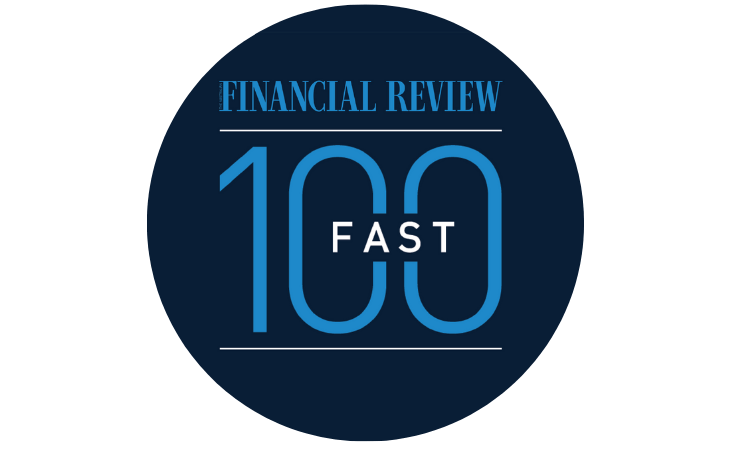

Carbon Wealth helps you secure a brighter financial future.
If you’ve felt overwhelmed trying to figure out the best starting point for managing your personal finances, and how to plan long-term for your financial future, then you are not alone.
Money skills are not taught in school and setting yourself up correctly can save you a huge headache in the future. There are many areas to consider, such as income protection, reducing debt, understanding investments, managing your superannuation, selecting life insurance or retirement planning.
The good news is Carbon Wealth Management can help. We’re a team of financial planners who will not only help you set up financial strategies and plans to achieve your goals, but we’ll walk the journey with you.
There are many areas to consider when planning a financial strategy. Here are the top six aspects we believe you should be thinking about, and that we can help with.
Create a financial plan that works with you
Throughout our lives, our personal financial needs and goals change. By working with a financial planner, you can create and follow financial strategies that will help you achieve your financial goals.
Once you have a plan in place, you’ll enjoy the peace of mind that comes from knowing your finances are working with you, and you’re on track to be secure financially.

Book a complimentary chat with our wealth management team and and discover tailored solutions designed to meet your needs!
Take control of your finances with a personal wealth portal
Securing your financial future made easy, say hello to your financial world’s new command centre. Set yourself up for success with the portal’s powerful organisation, analytics, and collaboration tools.
Keep your finances organised
Connect all of your finances in the one place, from your bank accounts to loan repayments to insurance, properties and estate planning.
Track your spending, create new habits
Make managing your spending easy with live bank feeds and budgeting features to keep track of your spending and your savings goals.
Reach your financial goals
From property investment targets to your dream retirement, we can recommend tools to help you achieve these goals.
Navigating Your Financial Future Financial Planning Guide
Find out more about how we can help your finances work for you.
Download our eBook for free!

Frequently Asked Questions
We’re all on our unique journey in life and our financial road is no different. Often, decisions we make now affect our financial future, without us really being aware of the consequences. A financial planner can provide structure and guidance surrounding your financial decisions, helping you to work towards a clearer, more secure, financial future.
As a minimum, your financial planner should be contacting you on an annual basis. If your situation changes throughout the year, for example, your income changes, you are considering purchasing a new house, or you are looking at investment opportunities, you should speak to your financial planner before you make these decisions. Your financial planner will help you understand what these changes may mean for your financial future.
Nobody is exempt from life’s unforeseen events. No matter what your age, health or lifestyle, the unexpected can happen to anybody. Life insurance can give you and your peace of mind that you’re covered in the event of serious injury or death.
The cost of life or personal insurance varies depending on your personal circumstances and levels of cover required. It’s best to speak with a financial planner who will assess your situation and recommend a policy that best fits your needs and matches your personal goals.
Considering the way your policies are structured is important, as different structures may have different tax implications. Policies can be structured in a way to achieve certain tax outcomes in the event of a claim. Your financial planner will talk you through this during the advice process.
Estate planning is how you can ensure your assets pass onto your nominated family members in the most financially efficient and tax-effective way possible. Estate planning is more than just a will and includes other important documents like Enduring Power of Attorney, Advance Medical Directive and a Living Trust. Once you have your estate plan in place, you should review it yearly as life and circumstances can change.
You wouldn’t buy a house or car without insuring it, so why don’t we always do the same for our life and income?
There are four common personal insurances, but some add a fifth.
- Life insurance
- Total and permanent disability (TPD) insurance
- Critical illness insurance
- Income protection insurance
- Business expense insurance
Coverage varies between insurers, so seek professional advice when comparing the fine print.
The answer depends on who you ask. Some will say $1 million is the gold standard, but we don’t agree. The ideal amount for you depends on your retirement goals, individual situation, resources and lifestyle.
For most of us, our money comes into one bank account and is spent from that same account, and we don’t put much thought into in long-term savings strategy. If you’d like to have a solid financial future to better position yourself when unforeseen circumstances occur, then you should work with a financial planner on your cash flow plan.
A financial planner will review your spending, income and savings goals and create a strategy on how your money should be spent. They will also help set up your bank accounts so the whole process is seamless.
Investment planning involves creating strategies to generate passive income and enhance your lifestyle over the long term.
Risk management includes protecting yourself, your family and your business through insurance products like life insurance and income protection.
Featured in
Quotes
A local team dedicated to your business.
Contact us today Book a free consultation
Contact us today and find out how our Wealth Management team can help you.
Our Latest


2025–26 Financial Year Calendar: Key Dates & Deadlines for Businesses

























































